
Origin
One of the earliest cultures to pay tribute to motherhood was Ancient Greece, where the annual spring festival of Cybele was dedicated to the goddess of fertility and motherhood.
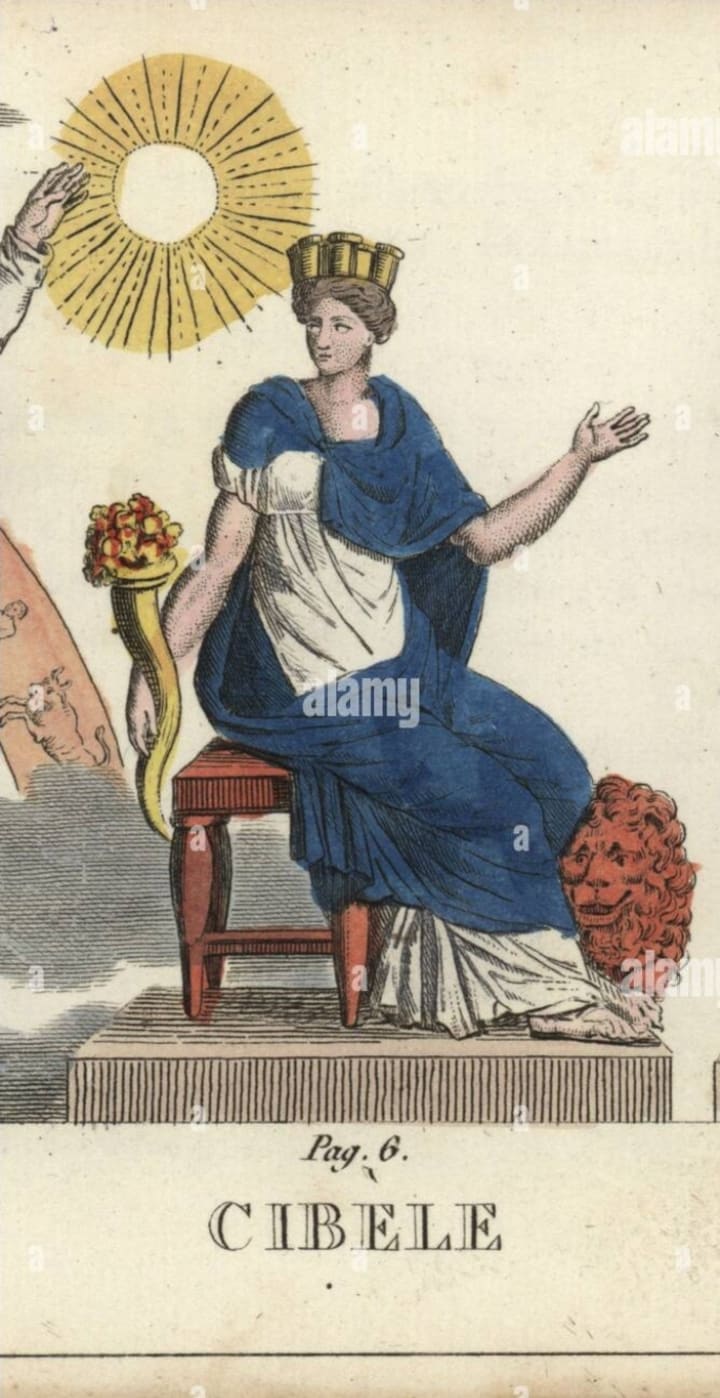
The origins of the festival can be traced back to the 8th century BCE, when the Greeks celebrated Rhea, the mother of the gods, in a similar manner. The festival, known as the 'Rheaia,' was held every year in late March or early April and was a time to honor motherhood and female fertility. Rhea was considered the mother of all gods and the protector of women, especially mothers.

During the festival, women would make offerings of flowers and honey cakes to Rhea, and parades would be held in her honor. The celebrations were a time for women to come together and share their experiences of motherhood, as well as to seek Rhea's blessings for future pregnancies and safe childbirth.
Over time, the festival of Rhea evolved into the festival of Cybele, who was the mother goddess of the Phrygian people. Her worship spread throughout the Mediterranean world, and the Greeks adopted her as their own goddess of motherhood. Cybele was often depicted as a fierce, maternal figure, symbolizing the power of nature and fertility.
The festival of Cybele, known as the 'Cybeleia,' was similar to the Rheaia in many ways, but it had a more wild and frenzied atmosphere. The priestesses of Cybele, known as 'galli,' would perform ecstatic dances and rituals, often involving self-flagellation and trance-like states. The festival also featured music, feasting, and games, making it a time of joy and celebration.
The Ancient Greeks' celebration of motherhood and fertility continued through the Hellenistic period and beyond. The cult of Cybele spread throughout the Roman Empire, where it became one of the most popular religions of the time. The Romans also celebrated a festival dedicated to motherhood, known as the 'Matronalia,' which was held in early March and honored Juno, the goddess of marriage and childbirth.
Modern Day
In the modern era, the concept of celebrating motherhood has evolved and taken on new forms, but the ancient Greek festival of Cybele remains an important part of the history of Mother's Day. The holiday has become a global celebration, with different countries adopting their own traditions and customs.
Mother's Day is a holiday celebrated annually in the United States on the second Sunday of May. The day is dedicated to honoring and appreciating mothers and mother figures for their love, care, and guidance. However, many people are unaware of the origins and history of this beloved holiday.
The origins of Mother's Day can be traced back to ancient Greece and Rome, where spring festivals were held in honor of Rhea and Cybele, the mother goddesses of their respective cultures. In the United States, the modern-day version of Mother's Day was first celebrated in the early 20th century.
The holiday's founder, Anna Jarvis, was inspired by her own mother's tireless efforts to improve public health during the Civil War era. In 1908, Jarvis organized the first official Mother's Day celebration at a Methodist church in Grafton, West Virginia, to honor her late mother.
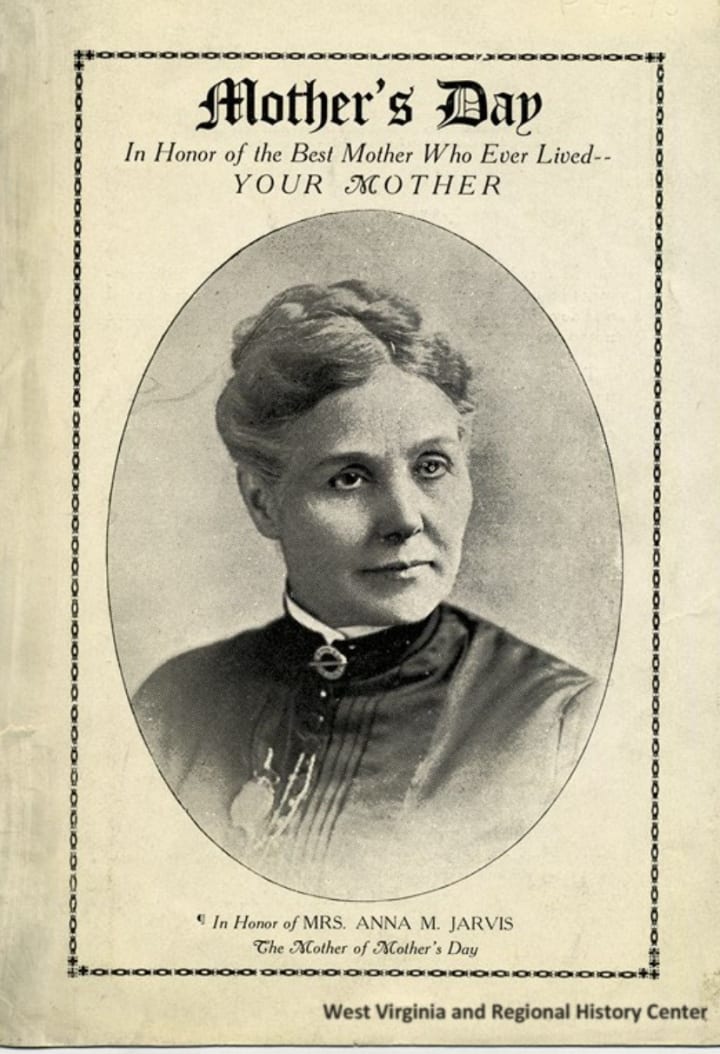
Jarvis' efforts soon gained national attention, and by 1914, President Woodrow Wilson signed a proclamation officially designating Mother's Day as a national holiday. The holiday quickly gained popularity and became a widely celebrated occasion for honoring mothers and motherhood.
Over time, the commercialization of Mother's Day began to overshadow its original purpose. The holiday became associated with the sale of flowers, cards, and gifts, leading Jarvis to denounce the holiday's commercialization and even organizing boycotts of companies profiting from Mother's Day.
Despite Jarvis' objections, Mother's Day remains a highly popular and widely celebrated holiday in the United States. It is estimated that Americans spend billions of dollars on Mother's Day gifts each year, with flowers and greeting cards being among the most popular purchases.
In addition to honoring their own mothers, many people use Mother's Day as an opportunity to celebrate and appreciate all mother figures, including grandmothers, stepmothers, and other maternal figures in their lives.
In recent years, the holiday has also taken on added significance as a way to raise awareness about issues affecting mothers and families, including maternal health, paid family leave, and equal rights for mothers in the workplace.
In conclusion, Mother's Day is a holiday with a rich history and deep significance for many Americans. While it may have become commercialized over time, the holiday remains an important opportunity to honor and appreciate the love and sacrifices of mothers and mother figures everywhere.
Mother's Day Around the World
Mother’s Day is celebrated in different ways around the world, reflecting the unique cultural traditions and customs of each country. While the holiday is typically associated with America and its origins, many cultures have their own way of honoring and celebrating motherhood.
In the UK, Mother’s Day is celebrated on the fourth Sunday of Lent, which falls sometime between March 1st and April 4th. Known as Mothering Sunday, it was originally a religious holiday where people would return to their “mother” church, or the church where they were baptized. Over time, it evolved into a day where children would honor their mothers with gifts and flowers.
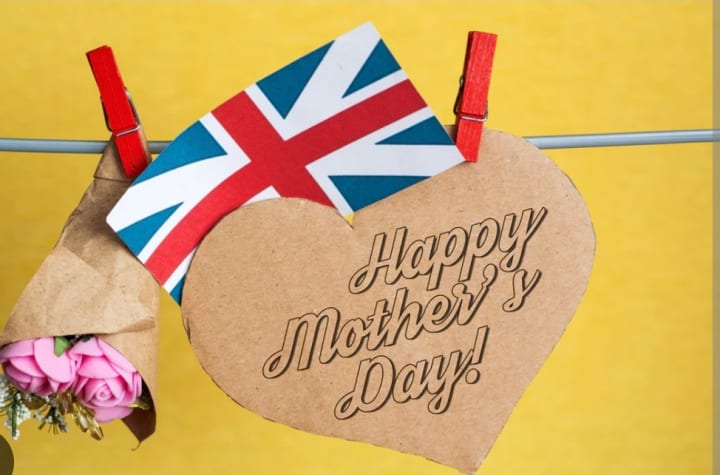
In Mexico, Mother’s Day, or “Día de las Madres,” is celebrated on May 10th every year. It is a very important holiday, with families coming together to honor and appreciate their mothers. Children may perform songs or dances for their mothers, and gifts of flowers and traditional foods like tamales and mole may be given.

In Ethiopia, Mother’s Day is part of a three-day celebration known as “Antrosht.” The holiday takes place in the fall and includes a feast, where families come together to share traditional foods and drinks. Children will often bring their mothers freshly picked flowers or homemade crafts to show their appreciation.
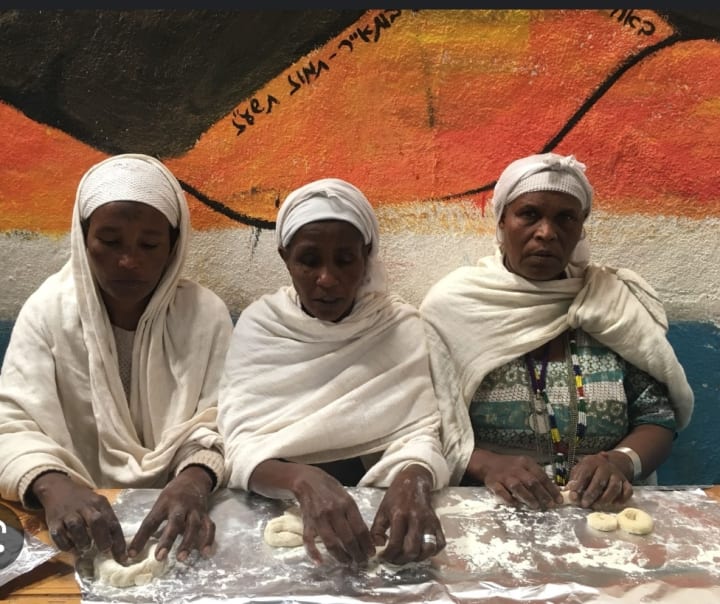
In Japan, Mother’s Day is celebrated on the second Sunday in May, similar to America. However, the holiday is often marked by the giving of carnations, with red representing a living mother and white symbolizing a mother who has passed away. Many families also celebrate with a meal or special outing.

In India, Mother’s Day is a relatively new holiday, having been introduced in 2013. It is celebrated on the second Sunday in May and is typically marked by the giving of gifts and flowers. In some regions, it is traditional to perform a special puja, or prayer, in honor of one’s mother.
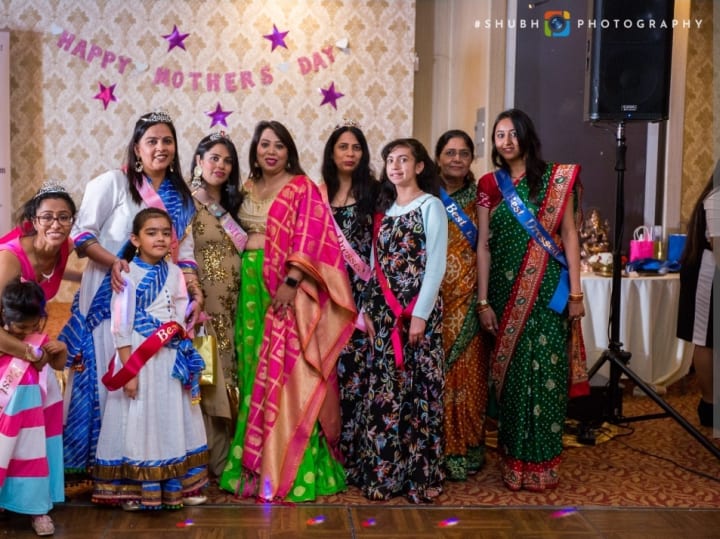
In conclusion, while the origins of Mother’s Day may have begun in America, its celebration has spread far and wide, taking on different meanings and traditions in each culture. Regardless of the location or customs, the holiday remains a special day to honor and appreciate the women who have given us life and nurtured us along the way.

About the Creator
Amira
Just a writer..songwriting is my specialty! I'm a bit controversial but someone has to fix the narrative..






Comments
There are no comments for this story
Be the first to respond and start the conversation.